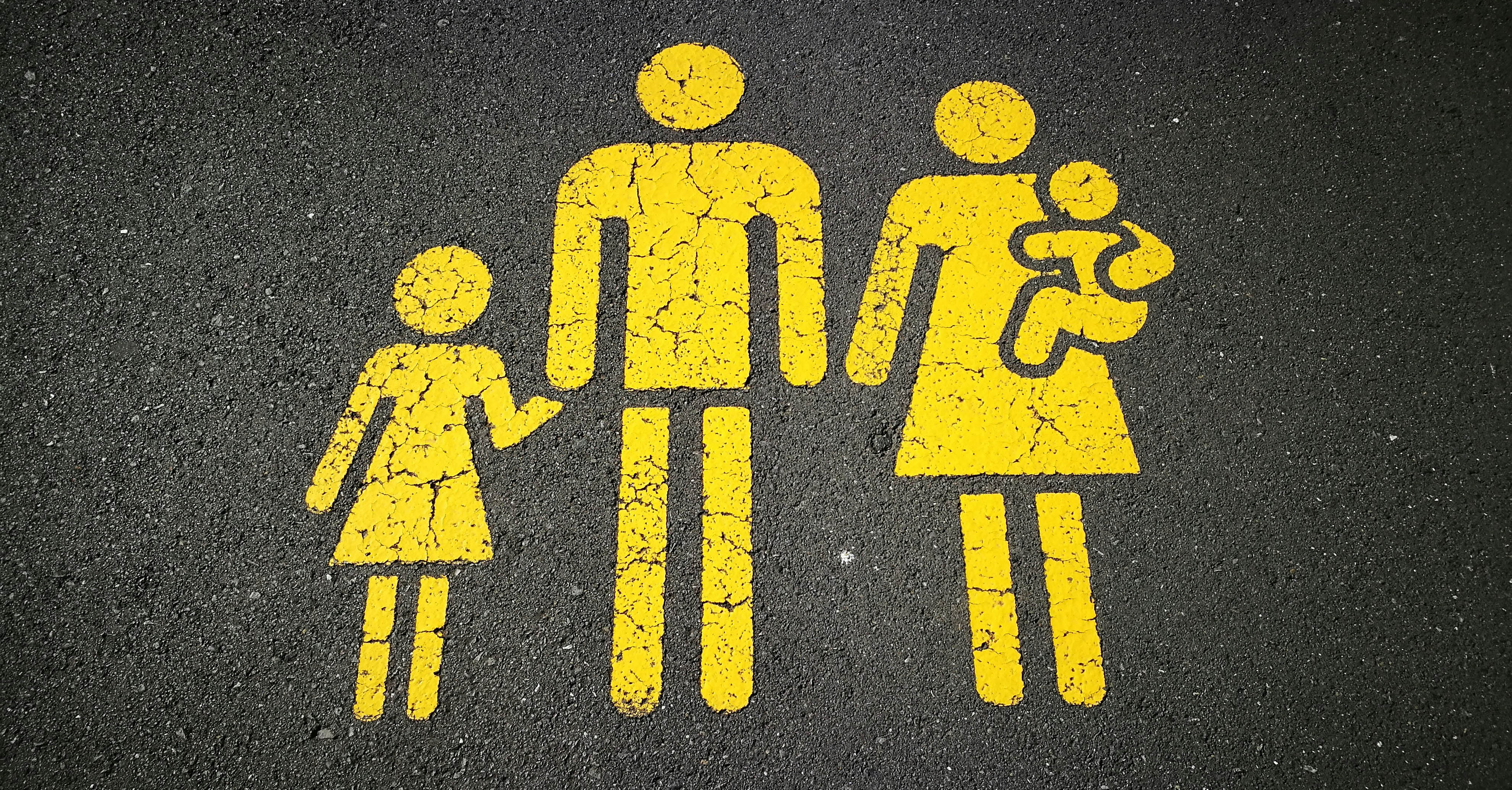
Pediatric Medical Home model: Enhancing support for families through community collaboration
By Annie Clark
Explore how the Pediatric Medical Home model can pave the way for effective community collaboration and improved family access to care.
Applications are open for fall 2026!
Apply Today
Explore how the Pediatric Medical Home model can pave the way for effective community collaboration and improved family access to care.

Amid questions of who will become the next generation of leaders to sustain Community Health Centers (CHCs) across the country, Gen Z rises as the hopeful answer to steward the mission of community health into the future.
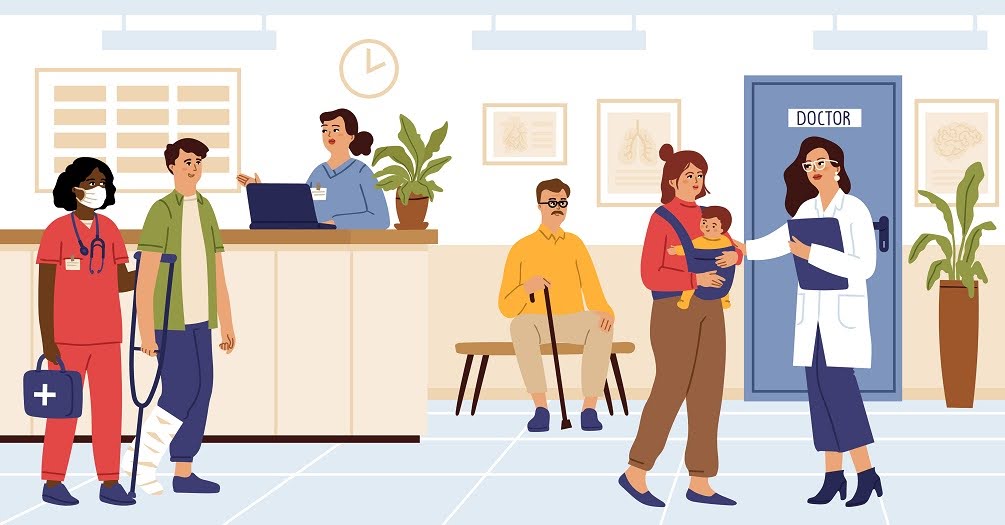
Community Health Centers (CHCs) are crucial access points for healthcare, but providing for patients requiring specialized treatment is an ongoing challenge. Explore a model for integrating specialty care into CHCs to ensure sustainable and comprehensive healthcare to underserved populations.
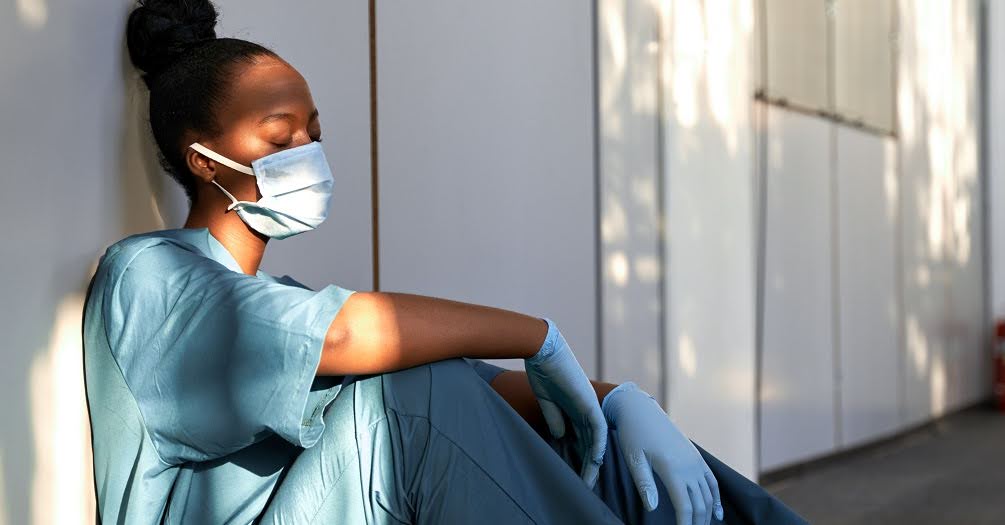
Community Health Centers (CHCs) are crucial healthcare pillars, but many are facing staffing crises as a result of healthcare worker burnout. Learn about the causes of these staffing shortages, impacts on patient care, and proposed solutions.
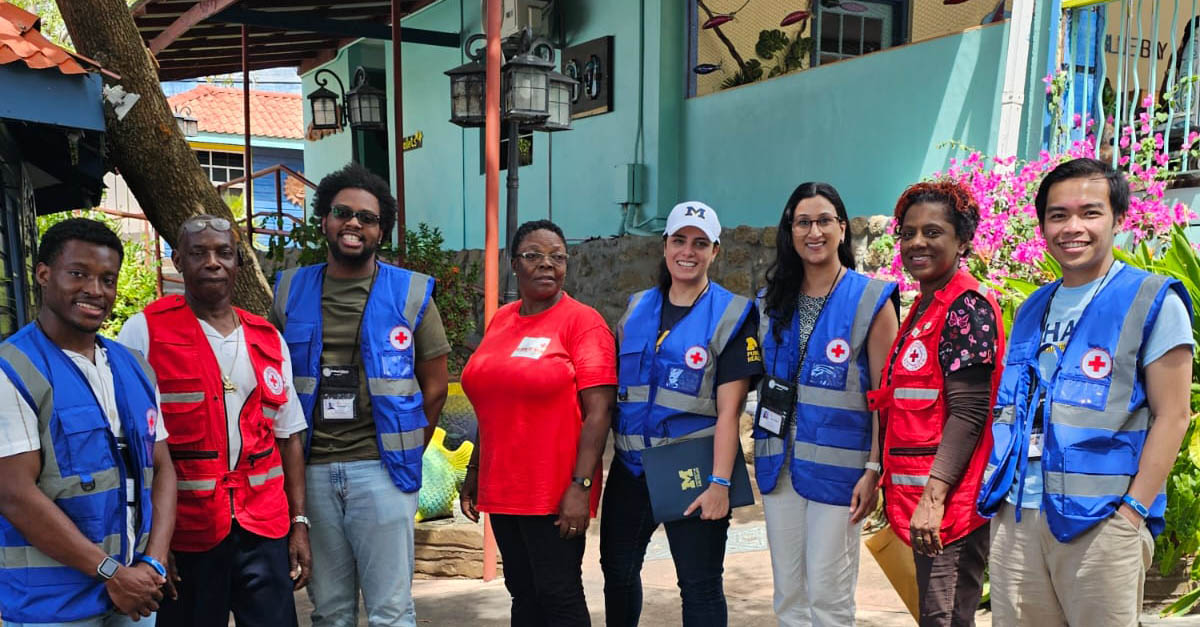
University of Michigan student Darius Moore details a recent trip to Grenada with the Public Health Action Support Team (PHAST) at the University of Michigan School of Public Health.
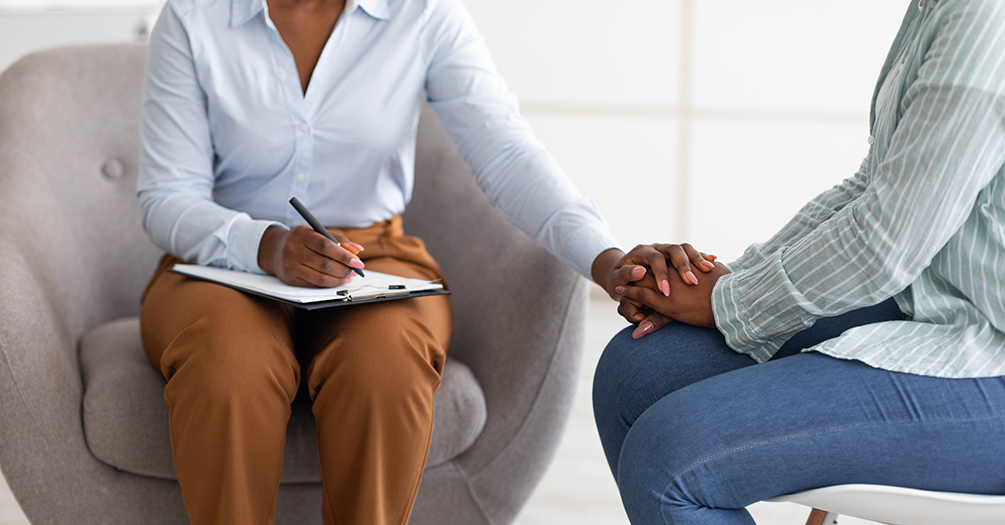
Being a Black woman living in America with a history of my own mental health concerns, talking about mental health is already a big hurdle.